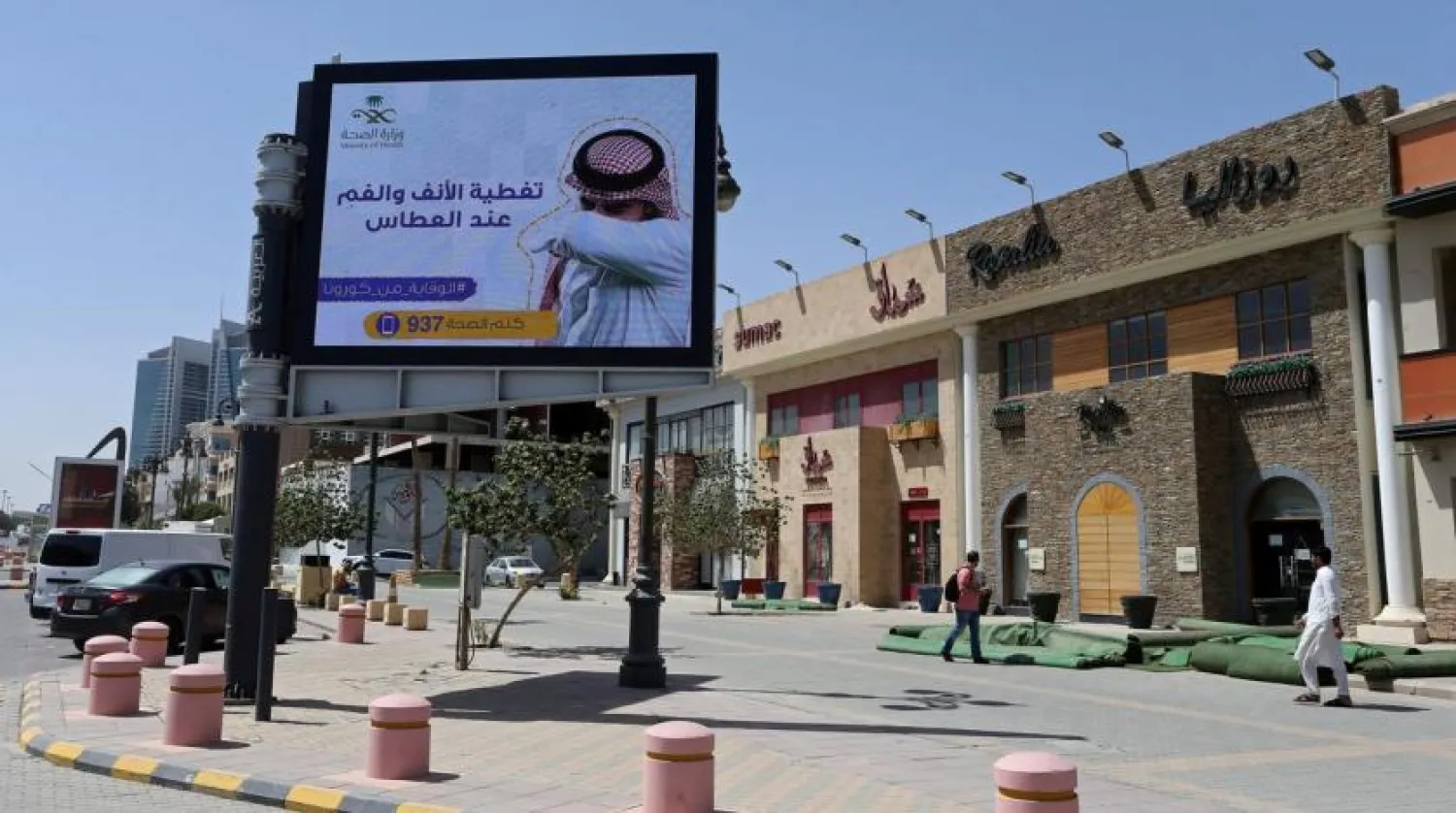The volume of cash circulation in Saudi Arabia reached $53.3 billion, while that of coins traded amounted to about $130 million by the end of January, according to official data.
Saudi Arabian Monetary Authority (SAMA) indicated that it would continue to support the development of the electronic payment system to reduce dependence on cash and steadily develop the infrastructure for national payment systems.
SAMA has recently begun isolating all Saudi currencies incoming to all its branches from outside the Kingdom through banks and money transfer companies, as a preventive and precautionary measure against the coronavirus.
The Authority announced that as of April all personal services activities would be paid electronically.
The existing Saudi monetary policy aims to reduce the use of cash and replace it with electronic transactions. The index of cash trading outside the banks recorded a decline of about one percent in January, compared to last December.
When it comes to transmitting and spreading viruses, SAMA said that banknotes, coins, and other means of payments are similar to the daily elements handled, such as vehicle handles, or groceries, and public surfaces.
Last week, SAMA issued a series of measures and guidelines for banks and financial institutions in response to the coronavirus pandemic.
Based on guidelines issued by the Ministry of Health, SAMA officials have instructed banks to check the temperatures of customers entering their premises, provide sanitizers, and equip staff with necessary safety products.









